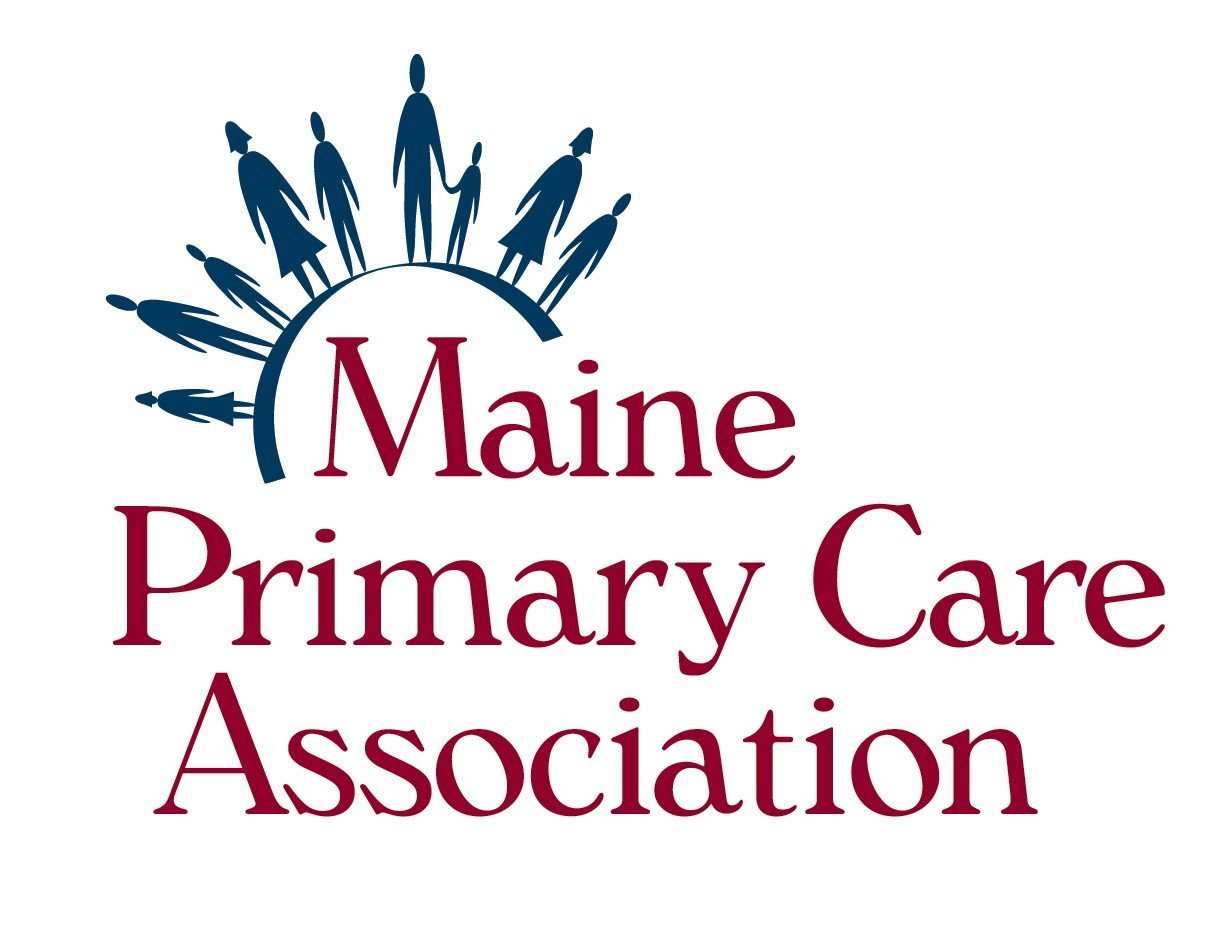Maine’s Community Health Centers
Maine’s Community Health Centers (CHCs) make up the largest, independent primary care network in the state, providing high quality and equitable primary and preventive medical, behavioral, and dental health services for over 200,000 people (1 in 6 Mainers) at more than 70 service delivery sites in all 16 Maine counties.
Now more than ever, CHCs are being called to meet the diverse and growing needs of vulnerable populations and those seeking trauma-informed and patient-centered care close to home. CHCs’ ability to address a wide range of primary care issues, from dental to behavioral health, while also understanding and responding to Social Drivers of Health (SDOH), makes them a crucial part of the nation’s healthcare infrastructure and a leader in efforts to address inequities in health care delivery.
What is Health Equity?
Health equity means that everyone has a fair and just opportunity to be healthier. As summarized by the Robert Wood Johnson Foundation, a
national leader in advancing health equity, this requires addressing obstacles to health such as poverty, discrimination, powerlessness, lack of access to good jobs with fair pay, substandard education and housing, and unsafe environments.

Addressing health equity is at the foundation of the Community Health Center movement. The official establishment of CHCs arose from the civil rights movement of the 1960s, when the Office of
Economic Opportunity established “neighborhood health centers” as a War on Poverty demonstration program. The aim of these clinics was to provide access points to health and social services for medically under-served and disenfranchised populations – and to serve as a mechanism for community empowerment. Health center staff came from the community, acknowledging the importance of local knowledge they would bring to the work.
Inequities in the Social Drivers of Health have wide-ranging effects on health and survival. Community Health Centers utilize a “whole person” approach to providing services and unique care-teamprovider models, making them well positioned to identify and address SDOH.
Health Equity in Action
CHCs throughout Maine provide innovative services that directly respond to the need of their patient populations. Programs at each CHC may vary, but the intent is the same: to build stronger, healthier communities throughout the state. Examples of services that a CHC may provide to address health equity include:
- Care Coordination & Case Management
- Educational Resources
- Emergency Funds
- Emergency Shelter
- Employment Programs
- Food Pantry & Meals
- Health Education
- Heating Assistance
- Nutrition Assistance
- Outreach & Enrollment
- Permanent & Transitional Housing
- Translation & Interpretation
- Transportation
- Well Child Services
- Wellness Program

